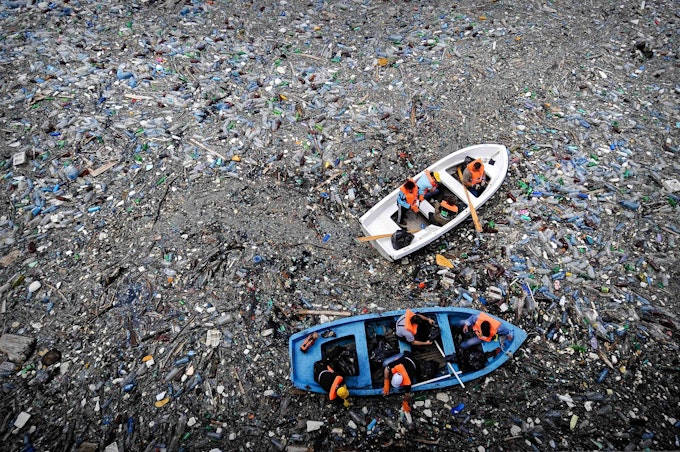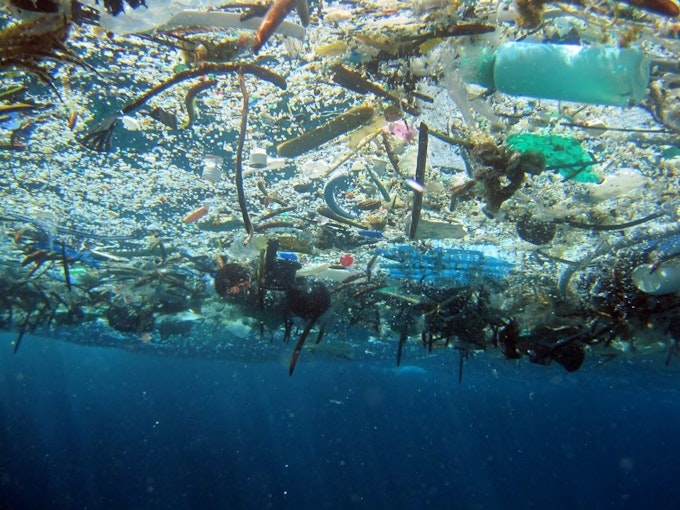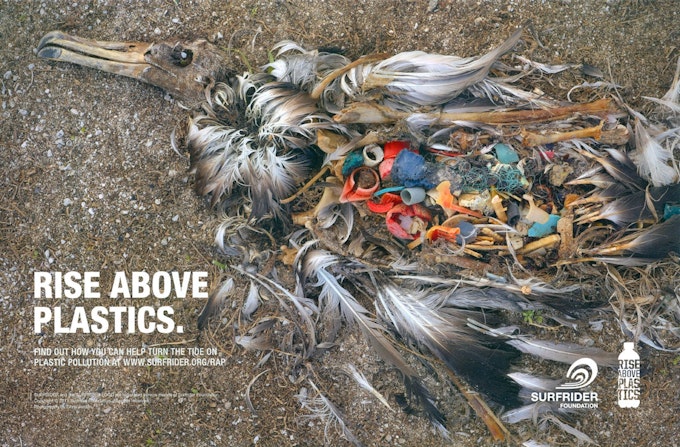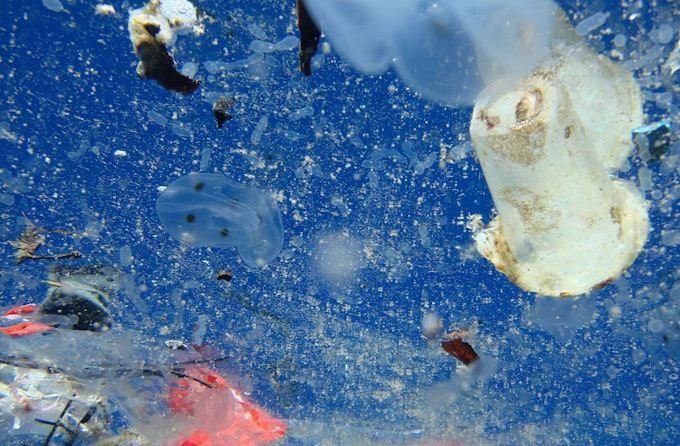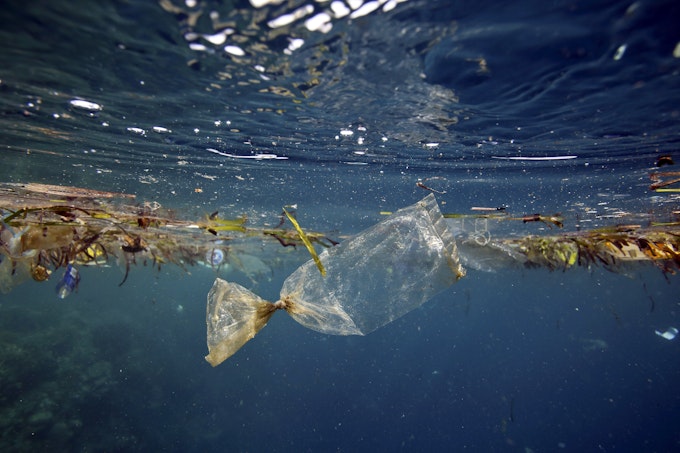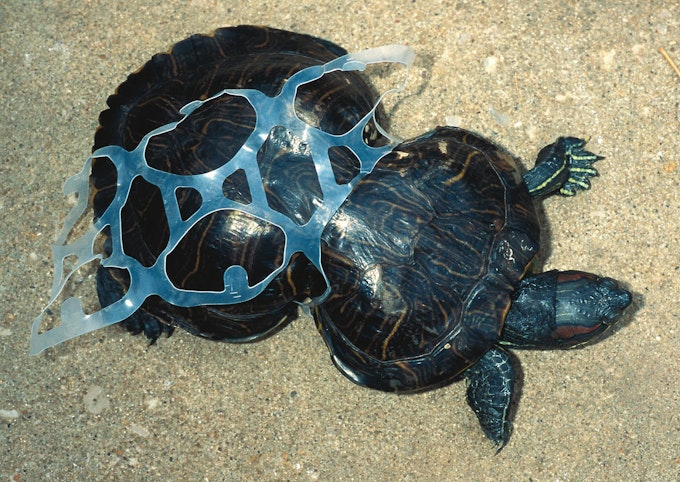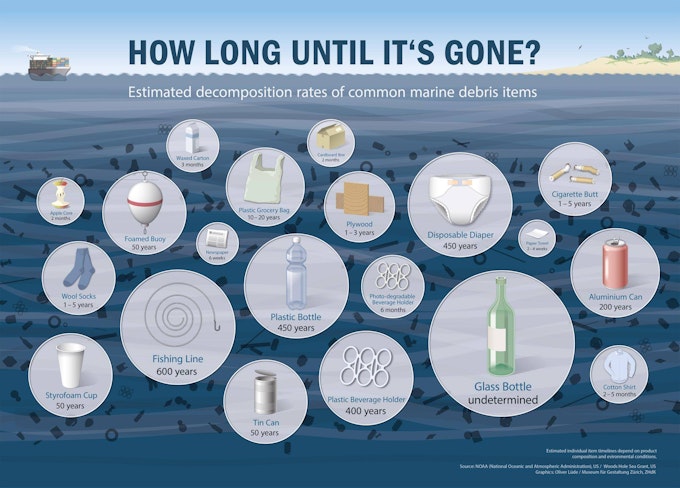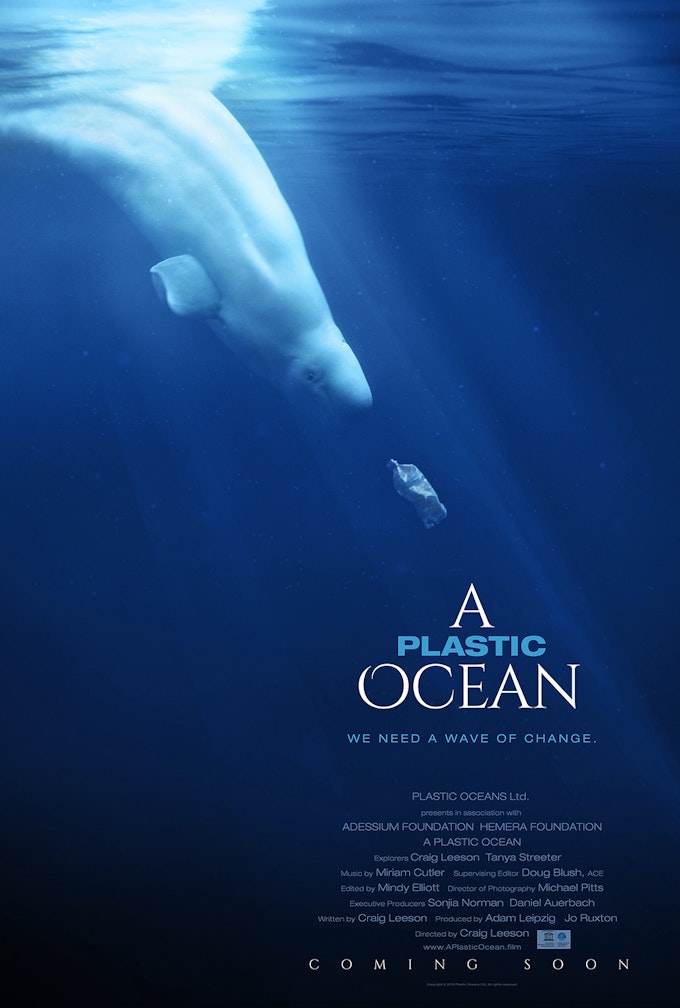It's Time to Stop Polluting Our Oceans
Here on The Outbound Collective, we have a deep love for nature. Right now our oceans, which comprise over 70 percent of the Earth, are under siege... by plastic.
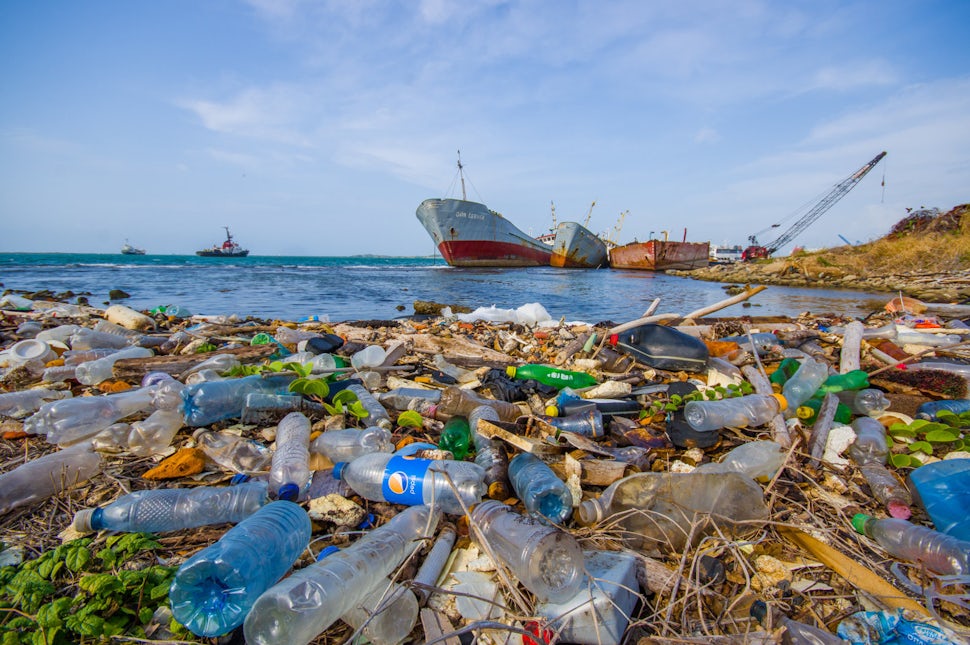
Plastics are now one of the most common pollutants of ocean waters across the globe. Winds, tides, and currents push plastic particles and other debris into large swirling accumulation zones known to oceanographers as gyres, which comprise as much as 40 percent of the planet’s ocean surface — roughly 25 percent of the entire earth.
Facts:
- Around eight million tons of plastic enter the marine environment each year, and the figure is set to rise.
- Around 80% of plastic waste in the oceans originates on land, and recycling rates are poor, with just 9% of plastic in the U.S. recycled, according to the EPA.
- Plastic debris entangles and slowly kills millions of sea creatures, and hundreds of species mistake plastics for their natural food, ingesting toxicants that cause liver and stomach abnormalities in fish and birds, often choking them to death.
- Pollution can have an adverse affect on the food that we eat, adding to the increasing amount of synthetic chemicals unknown before 1950 that we now carry in our bodies.
- Packaging is the largest end use market segment accounting for just over 40% of total plastic usage.
- Annually approximately 500 billion plastic bags are used worldwide. More than one million bags are used every minute. A plastic bag has an average “working life” of 15 minutes.
- According to the Container Recycling Institute, 100.7 billion plastic beverage bottles were sold in the U.S. in 2014.
- 57% of those units were plastic water bottles: 57.3 billion sold in 2014. This is up from 3.8 billion plastic water bottles sold in 1996.
- 14% of all litter comes from beverage containers. When caps and labels are considered, the number is higher.
Change:
Kenya recently announced a nation-wide ban on the use, manufacture, and importation of all plastic bags, and there are dozens of other countries that have enacted similar bans. Several cities across the United States have done the same, but when will the US ban them all together? Morocco did it, and Morocco was the 2nd largest consumer of plastic bags in the world after the United States.
Greater public awareness can have a significant impact, and its easy to play a small part.
- Any time you see litter, wherever it is, pick it up and dispose of it properly.
- Reduce, reuse, recycle—you’ve heard this phrase before, but now you know what happens when you don’t. Try to avoid products with excessive packaging and bring a reusable bag to the grocery store.
- Replace plastic water bottles with reusable bottles.
- When you purchase or find a plastic six-pack holder, be sure to cut each and properly dispose of it. In the ocean, these rings expand and can ensnare or choke wildlife.
- Talk trash to your friends and family! People can’t change what they don’t know about, so help us spread the word.
But, in the end, the real challenge is to combat an economic model that thrives on wasteful products and packaging, and leaves the associated problem of clean-up costs.
A Plastic Ocean
A Plastic Ocean documents the newest science, proving how plastics, once they enter the oceans, break up into small particulates that enter the food chain where they attract toxins like a magnet. These toxins are stored in seafood’s fatty tissues, and eventually consumed by us.
Create #AWaveofChange is an awareness and social action campaign that will accompany the release of A Plastic Ocean. Through audience engagement with global and national calls to action, the campaign aims to raise awareness, funding, and social change by activating millions of people to rethink plastic.
Sources:
- Monks, Kieron. "The plastic plague: Can our oceans be saved from environmental ruin?" Cnn.com. CNN, 2 Sept. 2016. Web. 11 May 2017.
- Moore, Charles J. "Choking the Oceans With Plastic." Nytimes.com. The New York Times, 25 Aug. 2014. Web. 11 May 2017.
- "Ocean pollution." Noaa.gov. National Ocean and Atmospheric Administration, n.d. Web. 11 May 2017.
- "Phase-out of lightweight plastic bags." Wikipedia.org. Wikipedia, 7 May 2017. Web. 11 May 2017.
- "Plastic Oceans Foundation." Plasticoceans.org. Plastic Oceans Foundation, n.d. Web. 11 May 2017.
- "Preventing Ocean Pollution." Greenpeace.org. Greenpeace, n.d. Web. 11 May 2017.
I do not own any of the pictures used in this story, but I believe in good faith that it constitutes Fair Use as per 17 U.S.C. § 107.
We want to acknowledge and thank the past, present, and future generations of all Native Nations and Indigenous Peoples whose ancestral lands we travel, explore, and play on. Always practice Leave No Trace ethics on your adventures and follow local regulations. Please explore responsibly!
Do you love the outdoors?
Yep, us too. That's why we send you the best local adventures, stories, and expert advice, right to your inbox.

